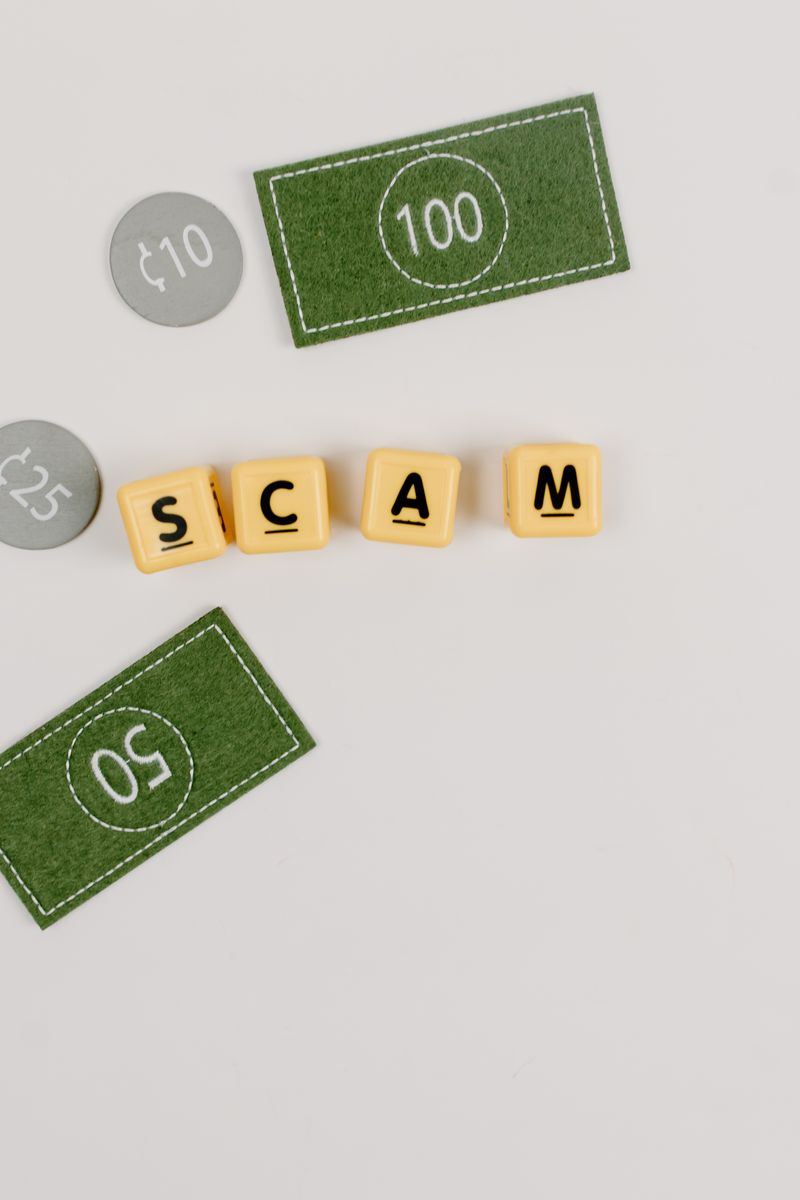Facebook Marketplace Scam Leaves Seller Vulnerable to Online Fraud
Sarah, a 24-year-old looking to fund her European holiday, recently fell victim to a sophisticated online scam when she decided to sell an old dress on Facebook Marketplace. Initially excited about the potential buyers showing interest in her listing, Sarah soon realized that one of the buyers seemed “a little too keen” and the transaction was “almost too easy.”
Unbeknownst to Sarah, the buyer informed her that her daughter would collect the dress and that she would send payment via PayPal. Trusting in PayPal’s reputation as a secure platform, Sarah proceeded with the sale without suspicion. However, moments later, she lost $1000 in a scam.
In hindsight, Sarah admitted that she should have been more cautious, as the buyer’s eagerness should have raised alarm bells. Sarah received an email, appearing to be from PayPal, stating that the payment had been made but that her account limit needed to be expanded. Falling into the trap, she followed the prompts, unknowingly giving away crucial information to the hackers. Shortly after, the buyer blocked her, and Sarah realized that she had been scammed.
The Rising Trend of Online Scams
Sarah’s experience is unfortunately not unique. According to the Australian Competition and Consumer Commission (ACCC), reports of classified and online shopping scams via social media saw a staggering 47.9% increase in 2022, compared to the previous year. As more individuals turn to online platforms like Facebook Marketplace for buying and selling, scammers are exploiting vulnerabilities and targeting unsuspecting users.
Lessons Learned and Advice to Avoid Scams
While Sarah’s story serves as a cautionary tale, there are steps individuals can take to protect themselves from falling victim to online scams. The ACCC provides the following recommendations for buyers using online platforms such as Facebook Marketplace:
- Be cautious of websites or sellers advertising goods at suspiciously low prices, significantly cheaper than comparable items on other websites.
- Exercise caution when dealing with new websites or sellers. Attempt to determine the seller’s track record, including the number of sales and how long they have been active.
- If the store has a presence on social media, read comments and search for independent reviews online, being aware that some reviews may be fake.
- Always conduct transactions through secure platforms like PayPal or Apple/Google Pay rather than sharing credit card details with sellers. Scammers often request payment through non-secure methods, such as wire transfers, money orders, or cryptocurrency, making it difficult to recover lost funds.
- Take immediate action if you suspect your social media account has been compromised. Change your password, use the “forgot my password” option if necessary, check for recent activity, notify your contacts, and ensure your security software is up to date.
- Report scams to the ACCC via the Scamwatch reporting page to help authorities track and prevent further fraudulent activities.
Philosophical Discussion on Trust and Online Transactions
Sarah’s unfortunate experience raises profound questions about trust, our reliance on digital platforms, and the risks associated with a rapidly evolving online marketplace. In the pursuit of convenience, we often place trust in well-established online payment systems like PayPal, assuming that they guarantee secure transactions. However, scammers are adapting and finding ways to exploit this trust.
The nature of online transactions involves a level of anonymity and distance, making it easier for scammers to deceive unsuspecting individuals. This begs the question of whether trust is an inherent risk in any online transaction. As technology continues to advance, it is essential for individuals to stay vigilant, exercise caution, and continually educate themselves about the latest scams and fraud prevention methods.
In Conclusion
As the number of online scams continues to rise, users must be proactive in protecting themselves from falling victim to fraudulent activities. By following the ACCC’s recommendations and adopting a vigilant approach when buying or selling online, individuals can reduce the risk of becoming targets of online scams. Remember, in the digital landscape, trust and caution must go hand in hand.

<< photo by Tara Winstead >>
The image is for illustrative purposes only and does not depict the actual situation.




